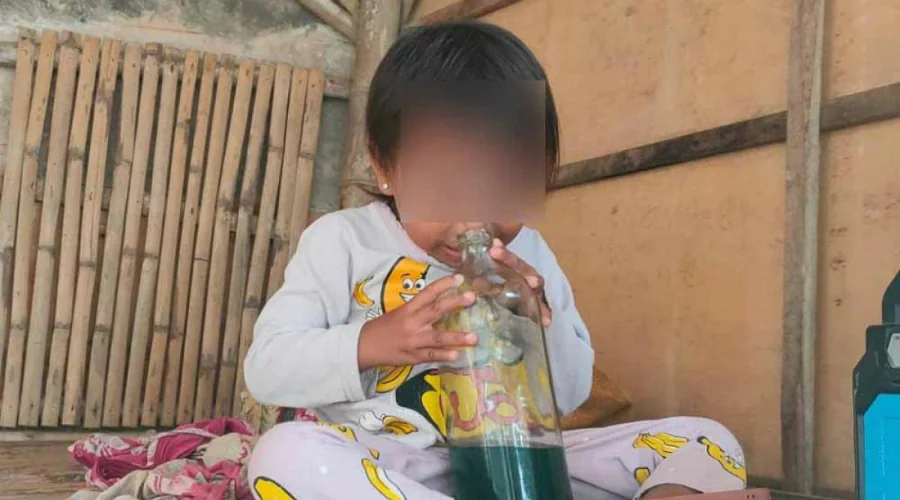
- 14 Jun
- 2022
Ilustrasi gambar (Dok: jatimnow.com)
Viral Four-Year-Old Boy in Sampang Addicted to the Smell of Gasoline, This Said a Lecturer at UM Surabaya
Social media has been stirred up by a four-year-old boy in Sampang, Madura, East Java, who is addicted to the smell of gasoline. This attracted the attention of Ira Purnamasari Lecturer at the Faculty of Health Sciences (FIK) UM Surabaya to provide a response.
It is known that the boy named Alifa has been addicted to inhaling the smell of gasoline since he was three years old. Alifa inhaled the aroma from the bottle hole. If Alifa is not allowed to cry, her parents prepare it every day.
According to Ira, addiction to inhaling the smell of gasoline is equivalent to drug addiction. Because gasoline includes gaseous chemicals that have a strong aroma, gasoline is a fuel that contains benzene which if inhaled continuously will make the brain addicted (addictive).
"When the smell of gasoline is inhaled, it flows from the lungs to the heart, namely the blood circulation system and goes to the brain, automatically the toxic chemicals that are inhaled will damage the lungs, heart, brain, liver and kidneys," explained Ira Tuesday (14/ 6/22)
According to him, within a few seconds when a child inhales gasoline, the child will experience a fly or euphoria, feel relaxed, light, accompanied by numbness. This harmful habit causes brain activity to slow down and puts stress on the central nervous system.
"If done continuously, it will damage the nerves resulting in decreased speech ability, decreased memory, slow thinking, disorientation, aggressiveness, hallucinations, loss of consciousness, seizures to death," he added again.
Furthermore, he emphasized that this needs to be stopped immediately, because to prevent damage to the function of the child's organs. The importance of firmness to parents to forbid their children even if the child is crying, angry, or screaming.
Apart from giving explanations to children about the dangers of inhaling the smell of gasoline, parents can also provide an approach by diverting the child's attention to the toys that the child likes, and immediately taking the child to the hospital for consultation regarding the child's mental and physical health.










(0) Comments